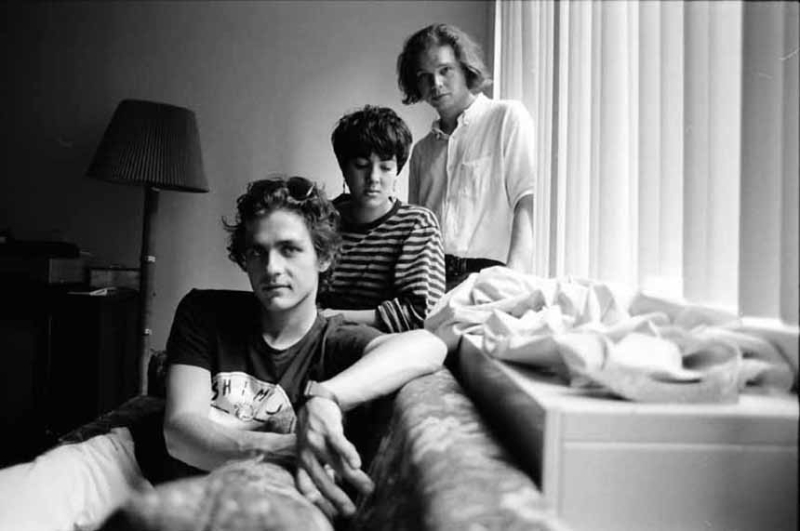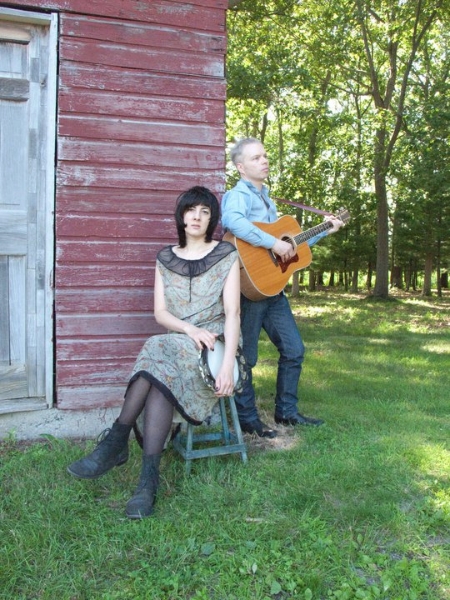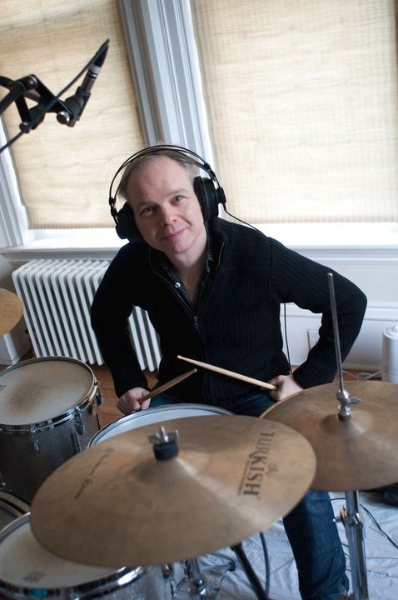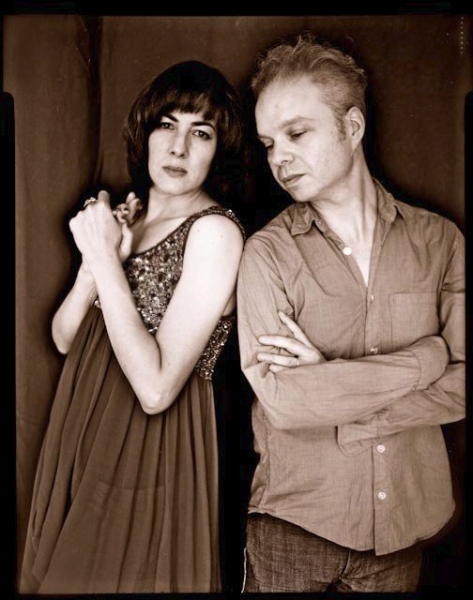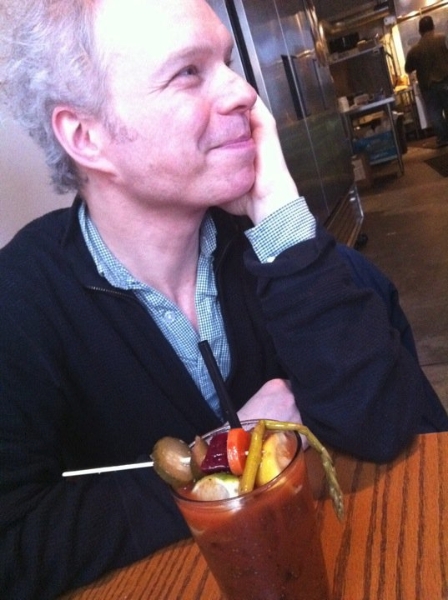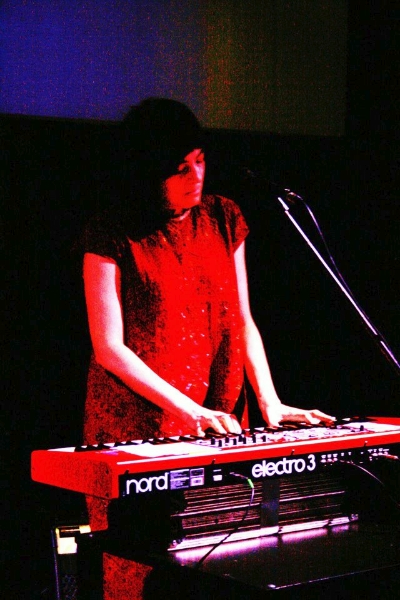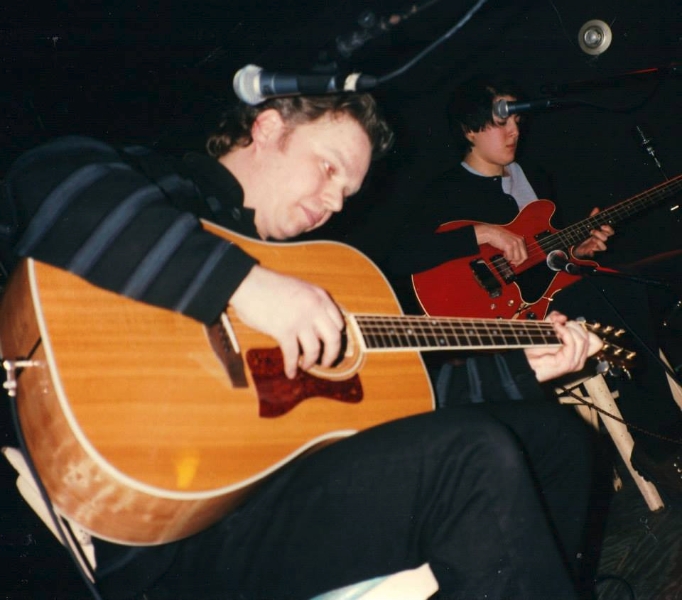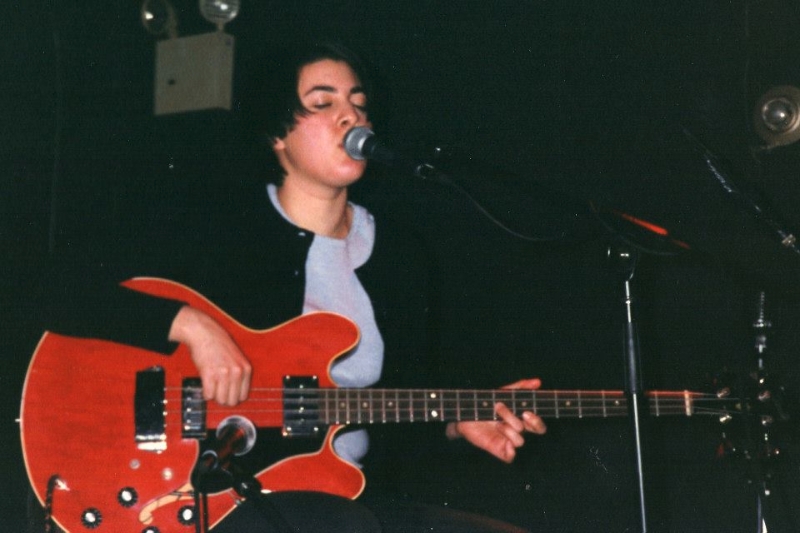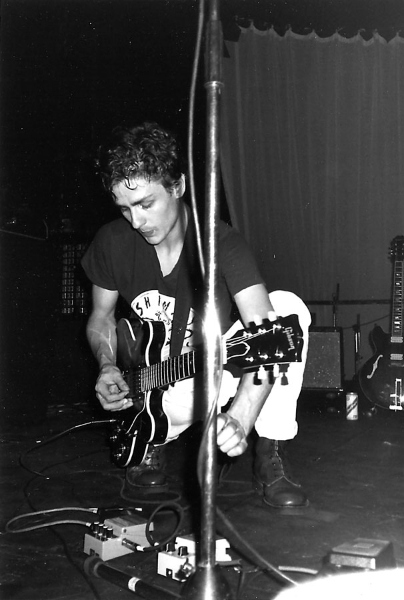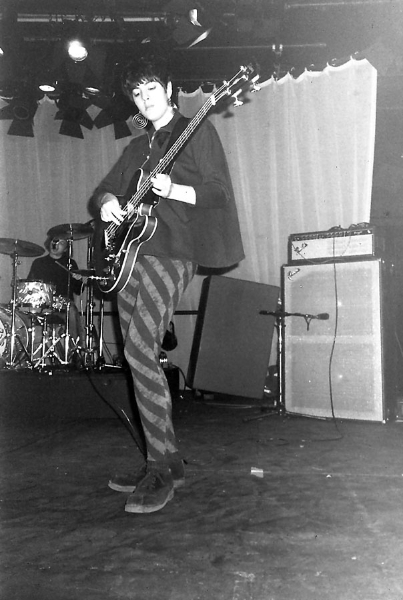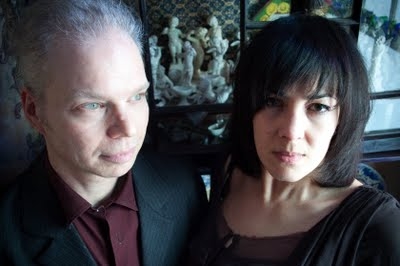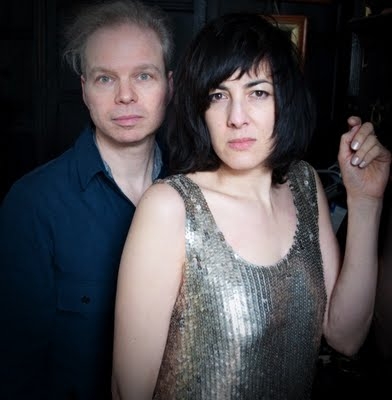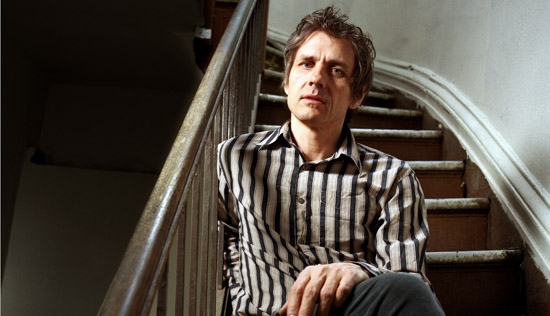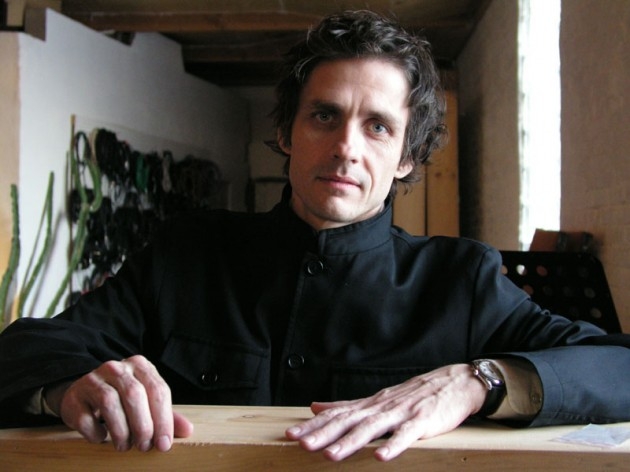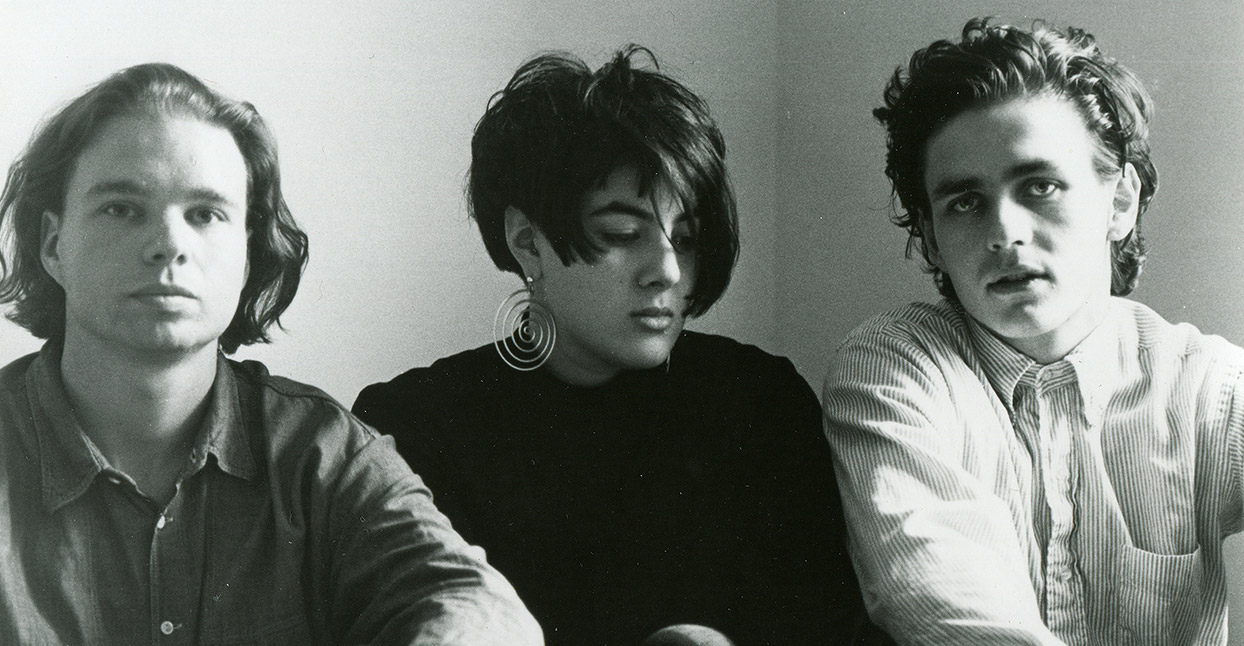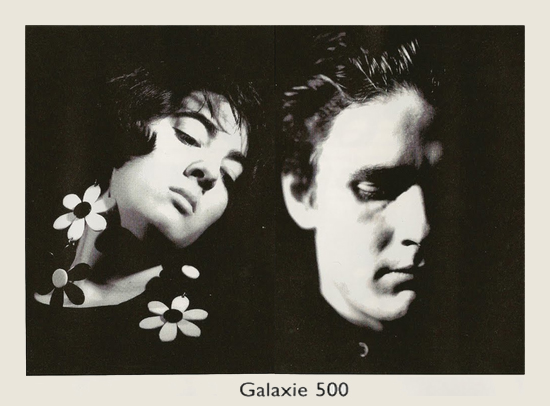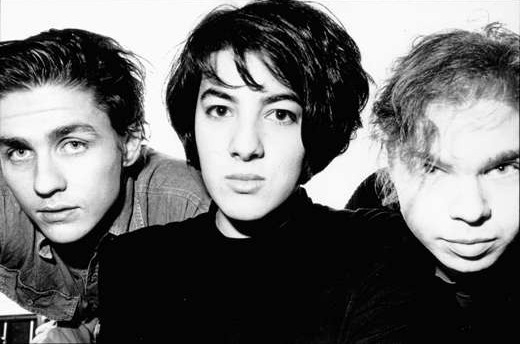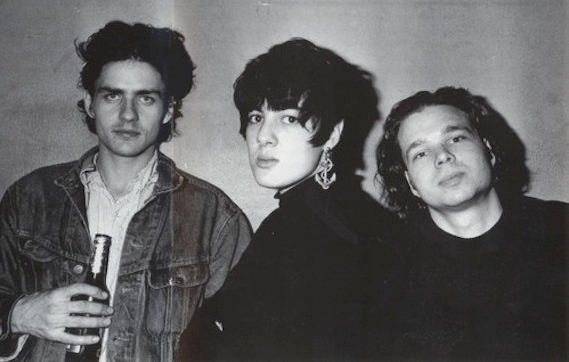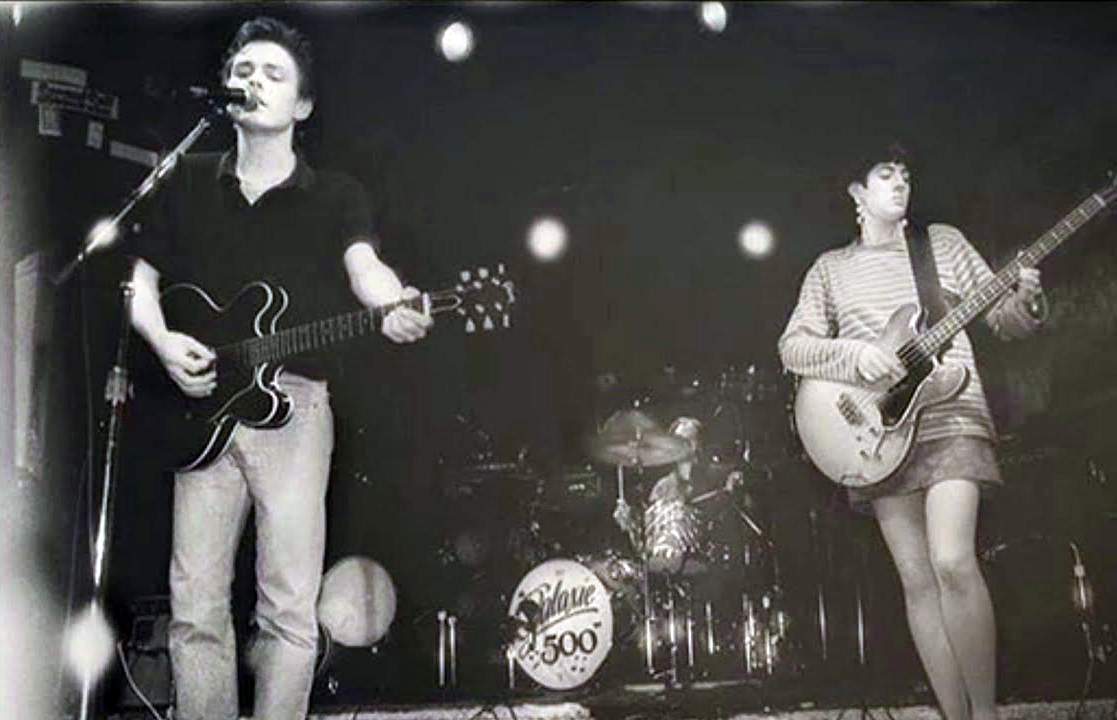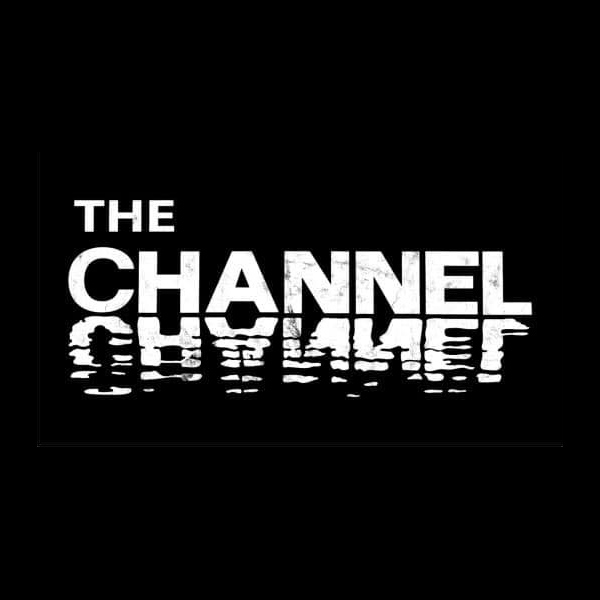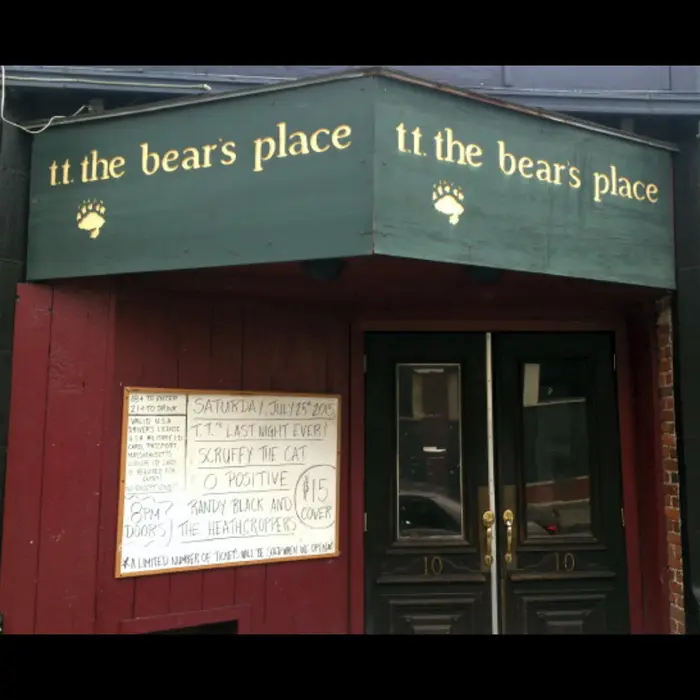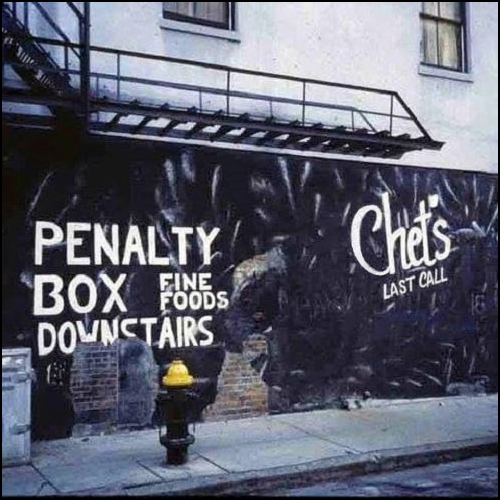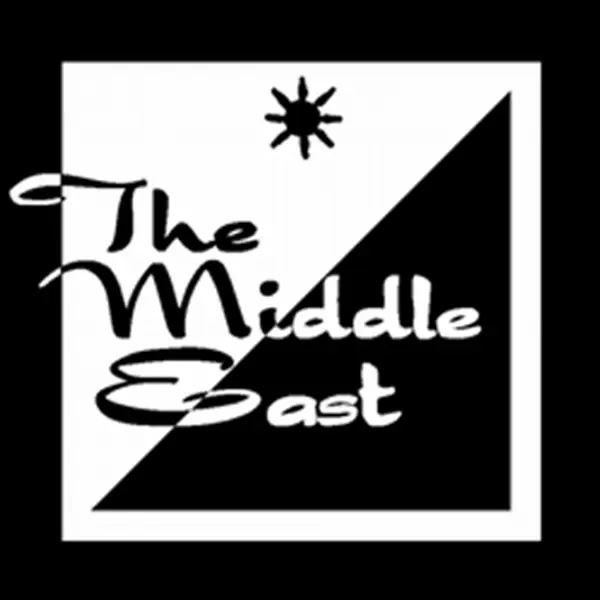Galaxie 500
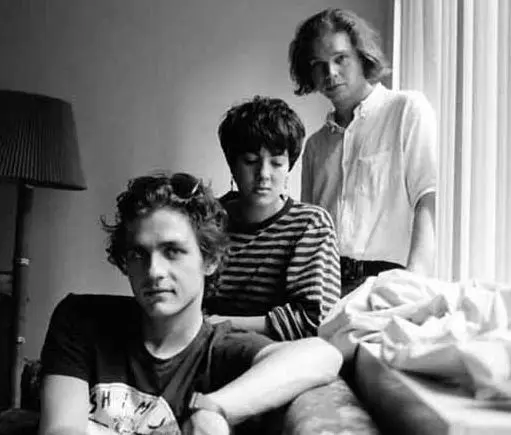
“We didn’t have the foggiest idea how to record a song,” Galaxie 500 vocalist-guitarist Dean Wareham wrote in his 2008 memoir, Black Postcards: A Rock & Roll Romance. “Our basic formula was to play the verse and the chorus for a couple of minutes and then let the song wander where it pleased, not bothering to go to a bridge or come back for another chorus.”
The “we” he was referring to was Galaxie 500, a band that took original ideas and let them spin out of control, understanding that wholly original music is sometimes about chance rather than choice. And the group was greater than the sum of its parts: Wareham sang in an upper-register monotone, his guitar playing essentially limited to G, D, and C chords; bassist-vocalist Naomi Yang admitted to often using just the top two strings of her instrument; and drummer Damon Krukowski didn’t adhere to any traditional style, “splashing around the kit” instead, as he puts it.
But collectively, they created songs that – to quote Wareham once more – were “beauty and sadness and ecstasy all together.” The music was heavy on reverb and glacially slow in tempo; lyrically, their material was somewhere between frivolous and mundane. It was drone, it was dream pop, it was proto-shoegaze and it was always extraordinary.
ORIGINS, FORMATION
The trio started playing together during their days at Harvard University, where Wareham and Krukowski were members of a band dubbed Speedy & The Castanets. Practice sessions took place in the basement of the freshman dining hall and, interestingly enough, Krukowski used a drum kit owned by a fellow student named Conan O’Brien. Wareham took guitar lessons at a studio above the Tasty Diner in Harvard Square. In the spring of their freshman year, the pair entered Speedy & The Castanets in Harvard’s Battle of the Bands at Memorial Hall. They finished dead last.
Seeing the result as sure sign that they needed a fresh start, they formed Galaxie 500 with Yang in May of 1987 and began rehearsing in a converted warehouse on the corner of Wareham and Albany Streets in South Boston. Playing weekly gigs, they slowly climbed their way up the Boston area’s venue ladder: Chet’s Last Call on Causeway Street, Green Street Station in Jamaica Plain, T.T. the Bear’s Place in Cambridge, a Saturday afternoon bill with Beat Happening at The Middle East.
“TUGBOAT,” TODAY, ON FIRE, THIS IS OUR MUSIC, DISBANDING
Galaxie 500’s first single, “Tugboat,” was pressed on blue vinyl and released by an Emerson student named Marc Alghini on his label, Aurora Records. The threesome’s first album, Today, was recorded and mixed in three days by renowned indie producer Kramer at a cost was $750 (about $2,000 in 2024). Released in October of 1988, it was a work of exhilarating contrasts, modest in creation yet immense in sound, peculiar in content yet heartbreaking in tone.
Success soon followed: A gig The Channel, Boston’s biggest rock club at the time with a 1,700 capacity; a worldwide deal with Rough Trade; a second album, On Fire, which climbed into the top ten on NME’s indie chart and further defined the band’s inimitable, otherworldly, tranquilizing sound; a tour of Europe; and a spot at the 1990 Glastonbury Festival. The cut a third disc, This is Our Music, and toured the US after its release in October 1990 before calling it quits.
In the years after the split, Krukowski and Yang recorded a handful of tracks under the moniker Pierre Etoile before rebooting as Damon & Naomi. The duo has released nine albums to date. Wareham formed the band Luna, which produced seven studio albums and a live disc before breaking up in 2005. He then began recording and performing with Luna bassist (and eventual wife) Britta Phillips as Dean & Britta.
(by Ryan Foley)

